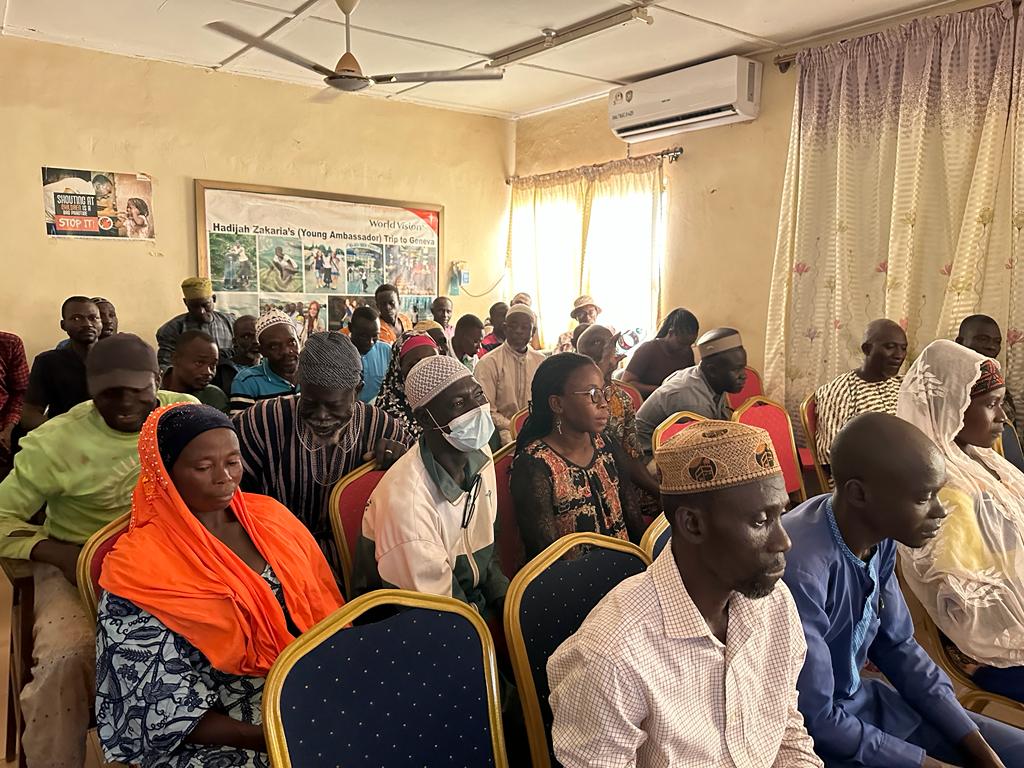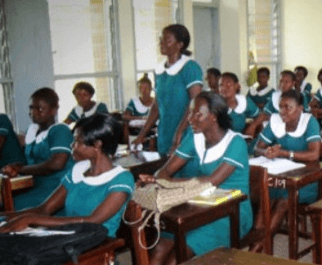
One lesson learnt from COVID-19 and its ensuing global economic crisis is the fact that the world is unprepared for food security. Leading food producers have placed limitations on the export of agricultural goods from their territory.
The World Bank estimates that approximately 40 million people have entered the category of ‘at immediate risk’ in western Africa alone. The United Nations Food and Agriculture Organisation (FAO) – warns of a rising threat of hunger.
That is why the latest study conducted by the Institute of Statistical, Social and Economic Research (ISSER), with funding from the Ministry of Food and Agriculture (MoFA), into the Planting for Food and Jobs (PFJ) policy is most apt and timely.
Though the programme has received plaudits, challenges relating to subsidies on farm inputs, market output and extension services remain a major setback. Additionally, issues such as pricing, bad weather, post-harvest losses and the general cost of production are major issues.
Price fluctuations and exploitation of farmers by middlemen and women, the report noted, were “the two biggest problems” affecting farmers under the programme.
Therefore, the report recommended more extension officers be recruited to augment efforts of current officers in better explaining the programme and its objectives to farmers, as well as improve productivity.
Government has also been urged to establish a Maize Buying Company under the National Food Buffer Stock Company (NAFCO), just like that of the Produce Buying Company (PBC) under the COCOBOD to give farmers a ready market and assure price certainty.
Additionally, each of the 216 districts across the country should be provided with basic mechanisation equipment like maize shellers and combine-harvesters. ISSER also suggested the PFJ programme must assume a community-based approach, whereby government through the District Assemblies will ensure each community cultivates a farm produce that is known to do well as a community project.
These are some of the gaps identified by ISSER that need urgent address pertaining to the PFJ policy in order to make the country food self-sufficient. We believe MoFA will study ISSER’s report and implement whatever is plausible for the betterment and sustainability of the programme.
The aim of such an intervention is to better the lot of farmers so as to produce enough to feed the nation and export the excess for revenue. PFJ has been successfully implemented for close to four years and some form of assessment has to be done. We thank ISSER for the study.
The post Editorial : Seal gaps in PFJ programme appeared first on The Business & Financial Times.
Read Full Story



















Facebook
Twitter
Pinterest
Instagram
Google+
YouTube
LinkedIn
RSS